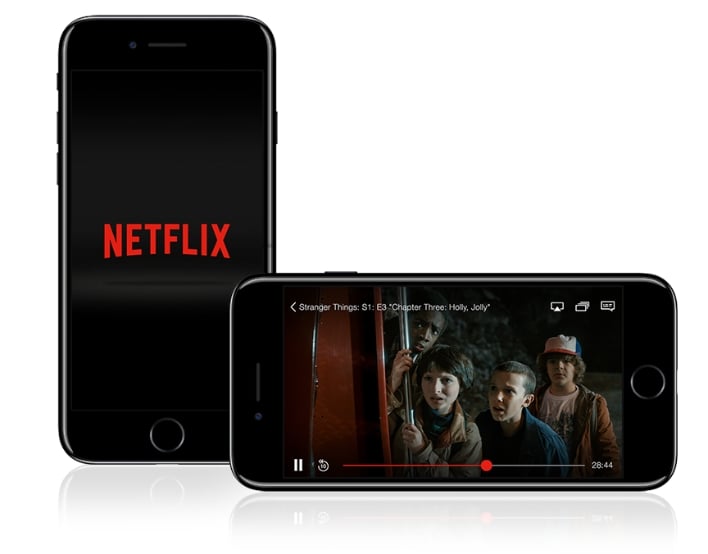Report Shows Wireless Carriers Are Cheaping Out And Throttling Your Video Streams Whenever They Want
We all know that wireless carriers throttle data. After all, throttling has been commonplace ever since carriers moved from their "buckets" of data in 2GB, 4GB, and 8GB sizes, for example. Once carriers started fully embracing unlimited data, they started implementing policies where they would throttle data once customers reached a certain threshold (usually around 20GB) if cell towers are overloaded.
But now new research shows that carriers are throttling video streams even when customers have not reached the carrier-set threshold or when "data congestion" isn’t a serious problem on the network. This information comes from Northeastern University and the University of Massachusetts Amhert, where researchers obtained over 650,000 thousand streaming tests across all four major wireless carriers: Verizon, AT&T, T-Mobile and Sprint. The results were alarming to say the least.

According to the study's findings, AT&T was found to throttle YouTube and Netflix streams 74 percent of the time and 70 percent of the time respectively. Those streaming services are no doubt two of the most popular for U.S. wireless customers. Amazon Prime Video isn't nearly as popular a destination, but still can suck up considerable bandwidth. With that being said, it was shown that AT&T didn't throttle Amazon Prime Video streams during any of the tests.
On the other hand, T-Mobile painted a big red target on Amazon Prime Video, throttling those video streams just over 50 percent of the time according to the research data.
An AT&T spokesman disputed the findings, and said that it is doing nothing wrong. "We don’t throttle, discriminate, or degrade network performance based on content," said an AT&T spokesperson to Bloomberg. "We offer customers choice, including speeds and features to manage their data."
“They are doing it all the time, 24/7, and it’s not based on networks being overloaded,” said one of the study authors, David Choffnes, who is an associate professor at Northeastern University.
The data used in the study was obtained with an app called Wehe, which must be installed on a user's smartphone. In this case, the researchers enlisted the help of 126,000 smartphone users to obtain and aggregate these test samples.

